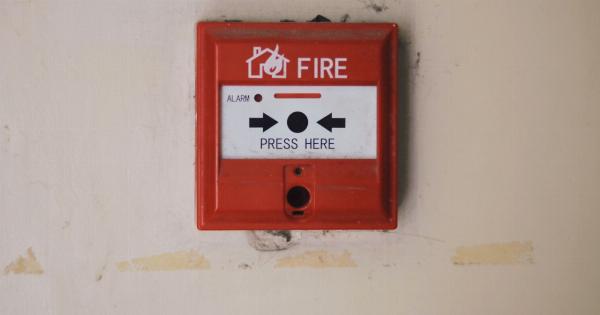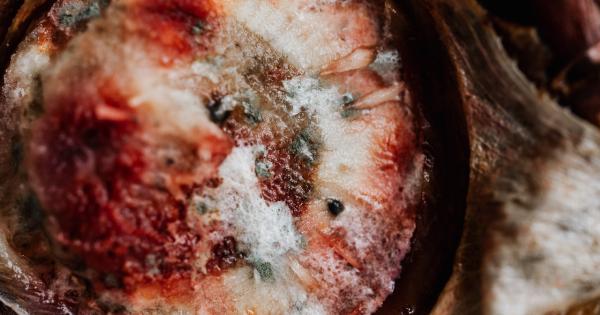Do you suffer from constipation? If yes, then you understand how uncomfortable and frustrating it can be. Constipation is a common digestive problem that affects millions of people worldwide.
It can cause bloating, stomach pain, and irregular bowel movements.
While there are various treatments for constipation, the vast majority of them are not effective long term solutions. In this article, we’ll share with you a revolutionary trick that can help you overcome constipation for good.
What is constipation?
Constipation is a digestive system disorder that occurs when bowel movements become less regular, hard, or difficult to pass. Various factors can lead to constipation, including poor diet, dehydration, stress, or lack of physical activity.
People with constipation may experience symptoms such as bloating, cramping, and discomfort when defecating. Sometimes it can lead to the formation of hard stools that make it difficult or painful to pass.
The consequences of untreated constipation
Ignoring constipation can lead to various complications. For example, it can cause anal fissures, hemorrhoids, and rectal prolapse. In extreme cases, untreated constipation can cause fecal impaction, whereby bowel movements stop passing altogether.
Constipation can also have an impact on your overall health. It can cause nutrient deficiencies, bacterial infections, and inflammation in the colon.
Revolutionary trick to overcome constipation
Many people rely on laxatives or enemas to treat constipation, but these treatments are often ineffective or only provide temporary relief. The revolutionary trick to overcoming constipation is to consume dietary fiber.
Dietary fiber is crucial for the digestive system’s health because it adds bulk to the stool while softening it. It also promotes bowel movements by stimulating the intestinal muscles.
However, simply adding fiber to your diet may not be enough; you need to eat the right types of fiber.
The two types of fiber
Fiber is usually classified into two categories:.
1. Soluble fiber
Soluble fiber dissolves in water to form a gel-like substance that slows down digestion. It can be found in foods such as oats, beans, and apples.
2. Insoluble fiber
Insoluble fiber doesn’t dissolve in water, so it can travel through the digestive tract intact. It adds bulk to stools and promotes regular bowel movements. It’s found in foods such as wheat bran, nuts, and vegetables.
How to consume fiber
One of the best ways to consume fiber is through a high-fiber diet. A high-fiber diet should consist of fruits, vegetables, whole grains, and legumes.
For example, one can eat foods such as beans, oats, broccoli, sweet potato, bananas, raspberries, etc.
You should aim to consume at least 25-30 grams of fiber per day. However, be cautious when first introducing fiber to your diet. It’s best to gradually increase your fiber intake to allow your body to adjust to the change.
Other tips to overcome constipation
In addition to consuming fiber-rich foods, you can try the following tips to overcome constipation:.
1. Drink plenty of water
Dehydration can cause constipation, so it’s crucial to consume sufficient water. It will help soften the stool and promote bowel movements.
2. Exercise regularly
Physical activity helps stimulate the intestinal muscles, promoting bowel movements. Exercise can also decrease stress levels, which can improve digestive health.
3. Avoid processed foods
Processed foods are often high in fat and low in fiber, making them difficult to digest. Avoiding these foods can help improve digestive health and reduce constipation.
Conclusion
Constipation can be a debilitating condition that impacts the quality of life. However, by consuming a high-fiber diet and following the other tips outlined in this article, you can overcome it.
Remember to be patient and give your body time to adjust to the changes. Before long, you’ll start experiencing regular bowel movements and improved digestive health.





























